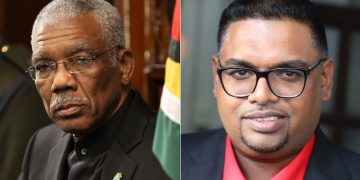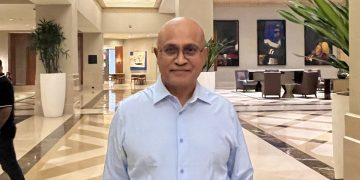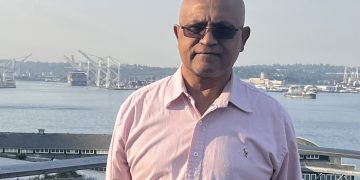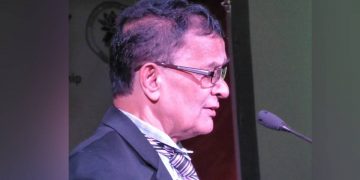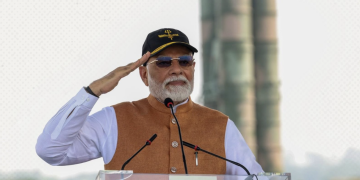According to the latest opinion tracking poll being conducted by the North American Caribbean Teachers Association (NACTA) gives the opposition PPP the edge for the March 2nd elections. NACTA has been conducting opinion surveys in Guyana for over three decades.
But both major parties, PPP and APNU+AFC coalition, are very competitive in popular support in what is a closely fought election. And the outcome is far from over. The support for the two major parties in their traditional strongholds are found to be reliable. Their electoral fortresses are hardly impregnable by each other. A majority of the voters, including many in the ruling camp, is disappointed in the governance of the coalition and the President is struggling with his approval numbers. But those who traditionally vote PNC (APNU) is not breaking from their camp. Those who supported AFC in 2011 and 2015, are abandoning the coalition in large numbers. The little cross over swing voters on the coast and voters in the outlying areas (Amerindians, in particular) will make the difference in a party winning or losing. Both parties seem to winning some cross racial votes but not enough for a landslide victory. The PPP seems to be winning a majority of the regions. Irfaan Ali seems to have a better chance of winning the Presidency over David Granger.
The small parties are not to be completely dismissed as they are getting votes to make the outcome very interesting. Four of the small parties are way off from getting enough support to qualify for a seat. Three small parties may obtain enough votes to qualify for representation in parliament to deny the major parties legislative and political dominance. They, or even one party, could hold the balance of power if no party wins a majority.
Thus, although the two major parties are pulling large crowds at their rallies and other meetings, neither the ruling coalition nor opposition PPP should assume “Dey done win”. They can be out for a rude awakening. Work must be done on the ground to maximize support and eliminate skulduggery in order to guarantee victory. A Majority of voters feels varied strategies are being employed to interfere with the democratic outcome. There is still a week remaining in the election campaign. The political environment is fluid. Support can still shift by Election Day. Party needs to get out their support on election day.
It is important to note that a poll is a snapshot of voters’ views and or intention on how they plan to vote at a particular time. Opinion can and do change with time. So any number can play in a week’s time and either major party can win on Election Day.
The poll is also querying voters for their views on a host of other critical issues including on oil contracts, confidence in the integrity of the elections and Gecom, and approval ratings of Gecom Chair and other public officials.
The poll is being undertaken by Dr Vishnu Bisram who has been conducting election related opinion polls and other social science surveys in Guyana for over three decades. The ongoing survey interviews voters to represent the general demographics of the population.
Based on the findings of the poll, the support for two major parties are very close with the PPP in the lead. A small number of voters is undecided and or not willing to reveal their voting preference. This group could make the difference on which party ultimately wins and the margin of victory.
The poll finds that a majority of voters is not pleased with how Gecom has been managing the elections. A majority fear rigging. Also, many voters are upset that they are being inconvenienced by Gecom in having to travel long distances to vote due to reduction of polling places. Some are taken out of their usual, familiar, traditional place of voting (in villages) and don’t even know their new polling place. They say they will experience hardship in wanting to exercise their constitutions right to vote. They plead on Gecom to revisit the issue and restore their voting place to enable them to exercise the precious franchise which they swear has been made difficult by the recent acts of Gecom.
